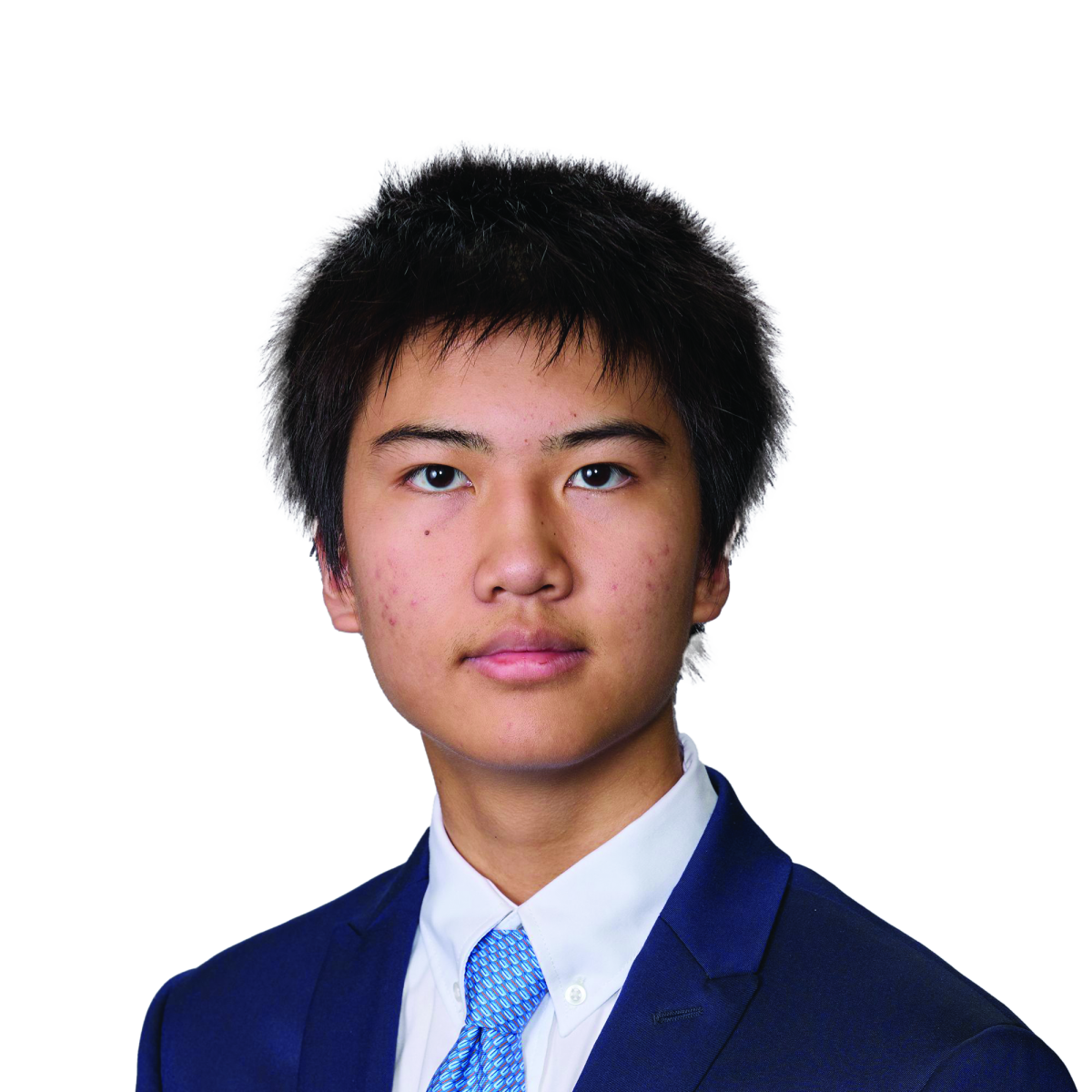Take off my shoes. Carry my backpack in. Change clothes. Take out the binders, notebooks, textbooks and pencils. Sit down at my desk. Skim the schedule taped across half the wall, and glance at the Post-it notes.
On yellow, “The expectation is 100 (or better).” On blue, “Must keep time for piano–otherwise make up next day.” On green, “Work on improving comments!! Pay more attention in classes.”
None of the looping, slanting handwriting on the schedule or notes is mine, but it’s all too familiar to me. Each one was pasted there by my mother, and when a note loses its adhesion or relevance a new one takes its place.
Parenting is a difficult balancing act. There is no singular method that works perfectly for each child, and thus every learning experience is unique. What I grew up with was “tiger parenting,” a form of parenting in which the parents take executive control in the student’s life in order to ensure success.
Tiger parenting has three tenets. First, the student must excel.
Even before I attended elementary school, I had learned three things: to never cheat, because cheating could ruin your chances of attending a good school; to work hard; and to always listen to Mom and Dad. “We know the best for you,” they said.
So my parents made most of my extracurricular decisions: at 4, I was spending an hour each day in front of a math book; at 5, swimming weekly with a cap too tight and goggles too loose for me; at 6, alternating between a violin bow and a piano keyboard. Formative childhood experiences, like sleepovers at a friend’s house, were supplanted by classes and practice, all meant to improve a future application resumé. “It will be worth it,” assured my mother.
Second, the student must learn discipline. Discourage them from pursuing activities that waste time, and when the student does wrong, they must understand the gravity of their wrongs and be punished accordingly.
I loved watching video games as a young boy–so much that my mother deemed it necessary to hide the family laptop when she bought groceries on the weekends. “Focus on your piano practice,” she said. When she left, I pulled a kitchen chair to step up to the cabinet she had stowed it in, and watched YouTube until she opened the kitchen door. I did not see the laptop for the next three weeks.
Third, there’s always somebody or something to aspire to that the student hasn’t attained yet.
“Always look up,” my mother would chide. When I won an award, it was an occasion for brief celebration, with higher expectations to follow; when I failed, my mother would spend an hour talking to me about my faults, and how I had neglected my practices. There was always more for me to learn from my losses than my successes, and even more to learn from the successes of others.
So, is tiger parenting effective? Sure. I don’t resent my parents for it, because it all turned out exactly like they had hoped. Difficulties I had with socializing, anxiety about grades, low self-esteem: time fixed the problems, just like my parents said it would. And when we moved houses, the schedule, and all of its little notes, came off the wall. In the recycling bin, it was just another sheet of yellowing creased paper.






